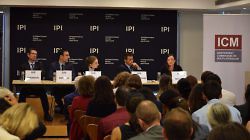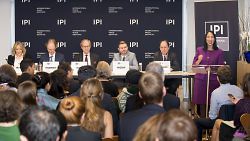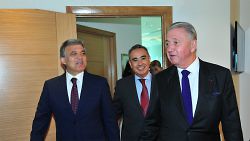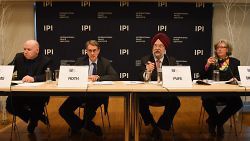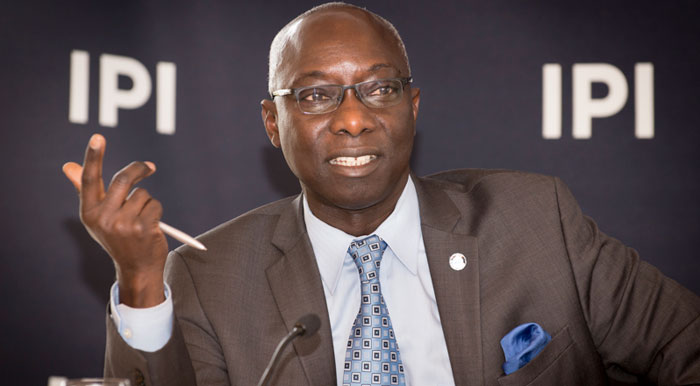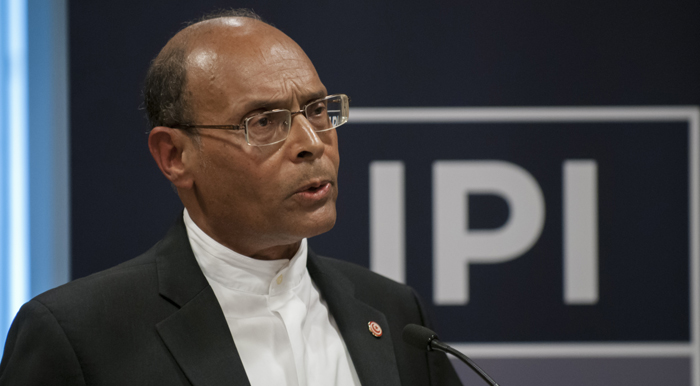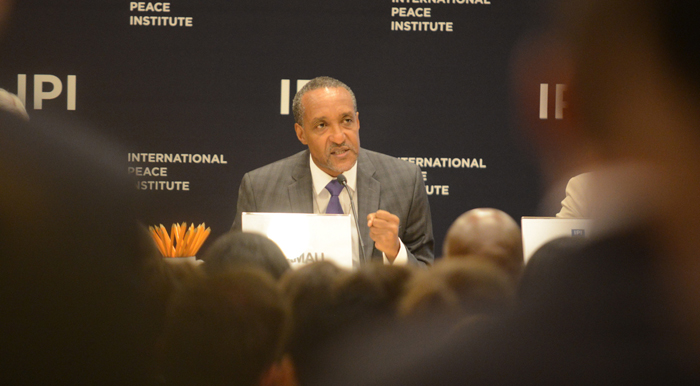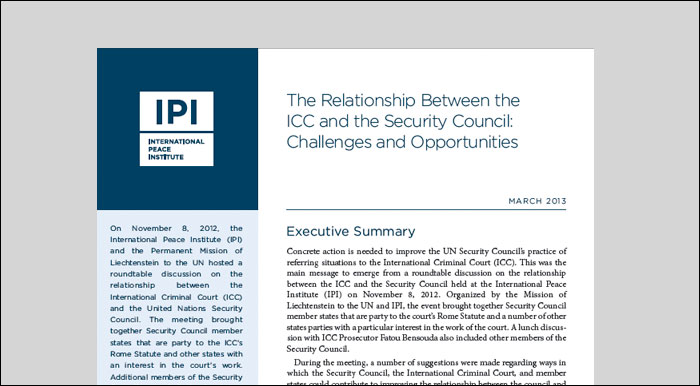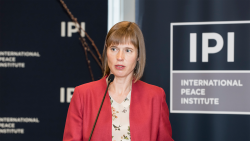
How small states such as Estonia can find their niche in the global community was the subject of a presentation by Estonian President Kersti Kaljulaid, who was at IPI on July 13th for a Global Leaders Series event.Estonia has certainly found its own unique success in the digital sphere. Citizens vote, pay taxes, and manage […]
Read more